
- Address : Plant Virus Indexing Centre, Gabadawatta, Homagama
- E- Mail : doapvic@gmail.com
- Telephone : +94 112 895598
- Fax : +94 112 895598
Plant Virus Indexing
Centre
Introduction
The plant virus indexing center was established having a mission of being the center to improve the economic and social status of the farming community. This will be achieved by the developing and improving the available technology to minimize crop losses due to plant viruses and other pathogenic diseases. Facilities are provided in well-equipped laboratories with modern equipment & trained staff. A general virology laboratory caters to all virological problems while tissue culture, virus epidemiology and molecular virology laboratories provide specialized services. Identification of other pathogenic organisms are also carried out in a separate laboratory. In addition technology transfer division was established to disseminate new findings to farmers and others as well as for training purposes.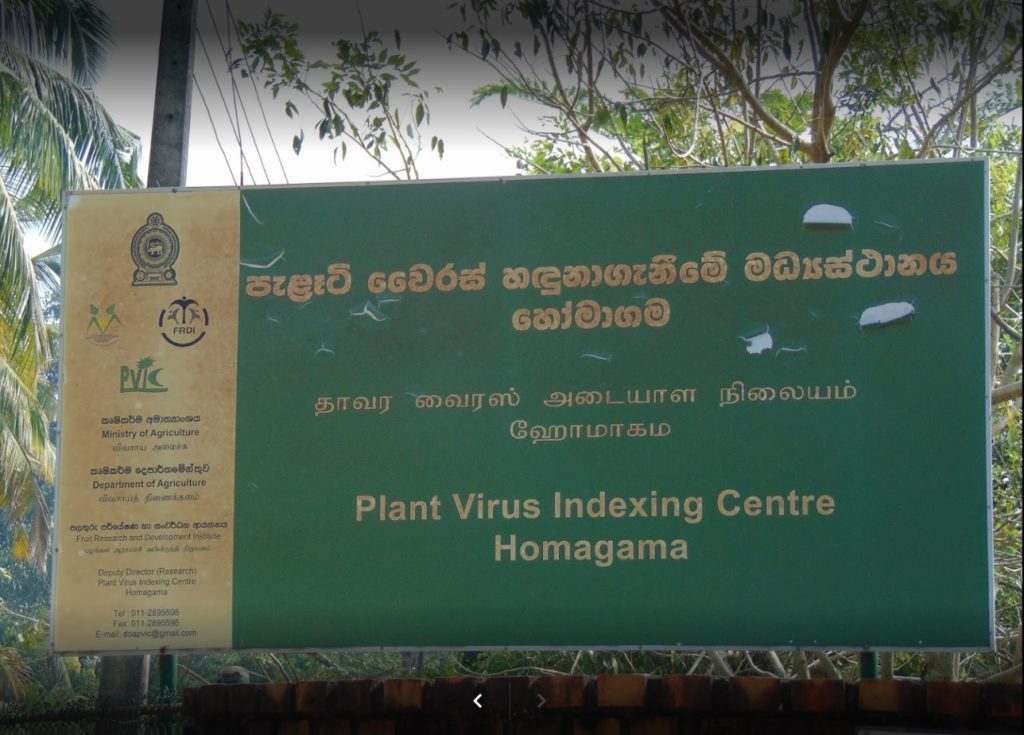
History of the Institute
Plant Virus Indexing Centre of the Department of Agriculture had its inception at Gabadawaththa, Homagama in 1999. Mandate of this centre is to carry out a wide range of agricultural research activities. These include investigations on plant viruses and other pathogenic organisms infecting fruits, vegetables, root and tuber crops, foliages, flowers and other agricultural crops. All such activities were carried out in one building with no clear demarcation of laboratories. With time the need to increase the research activities and more number of samples submitted for indexing urged the need for expansion. With time the centre expanded division by division, finally reaching fully equipped sophisticated laboratories providing facilities to carry out work to its mandate.
Objectives
- Correct identification of viruses and other pathogenic organisms and to conduct relevant research investigations to eliminate them from crop cultivations and provide an advisory service.
- Launch appropriate and timely research activities for the betterment of fruits, vegetables, flowers, tuber crops, ornamental and other agricultural crop cultivations.

Services
- Organize training programs to disseminate current research findings to the relevant target groups.
- Making available technical know-how to detect viruses and other pathogenic organisms.
- Supply of locally produced farmer level virus identification kits.
- Provide technology on how to prevent virus diseases spread in the field.
- Introduction of modern technology for virus disease diagnosis and its prevention.
- Training relevant groups to identify and diagnose diseases caused by other pathogenic organisms.
- Work in collaboration with other government and private sector organizations and also help in human resources development.
- Production and supply of high quality virus free basic planting materials to farmers.

Cont...
- Improvement of possible eco-friendly and efficient methods to control disease spreading pests in farmers’ fields and make the methodology available to farmers.
- Maintain a computer data base of research findings and farmer field data.
- Distributing advisory leaflets among farmers on plant diseases and their control.
- Inspection of farmer’s fields for problems faced by them on virus and other diseases and advise them to control infections.
- Provide technical know-how to small and large scale entrepreneurs at the beginning of their cultivations.
- Dissemination of technical know-how on control of pest and diseases through mass media.
With payments
- Virus Indexing facilities (PCR / ELISA)
- Training programmes on Tissue culture
Technical Division
The centers inception in 1999 was from this laboratory. Identification and research studies are based on the coat protein properties of the virus.
Enzyme Linked Immunosorbent Assay (ELISA) technique is used for the purpose of virus identification in this laboratory. As locally produced antisera are also used for identification purposes, an antisera production program is also in progress. This is the only institute in Sri Lanka that produces antisera for plants.
In 2006 a fully equipped, sophisticated laboratory was established in the office complex for Molecular Virology and the laboratory was shifted to the new location. This division is responsible for carrying out research in molecular level, using DNA and RNA. Simple, less hazardous and safe techniques for DNA and RNA extraction has been identified. Also the extracted RNA yields are high.
Novel research areas are being explored according to timely need and also virus indexing facilities are provided using PCR techniques.
This division was established for the purpose of genetic engineering studies. The tissue culture technology is used in callus culture, embryo culture and growth in such studies. At the moment studies related to growth media, shoot proliferation, root initiation and growth, gamma radiation studies are carried out. Disease free planting material production is also carried out by the division.
This division caters to studies on insect vectors and host plants. Virus transmission from a disease plant to a healthy plant occurs due to many reasons. Mainly due to insect vectors. Controlling the insect vectors is a sever problem. White flies, Aphids, Thrips, Mites, Mealy bugs and plant hoppers are identified as insect vectors. During high temperature period insect vector population increase and enhance the virus transmission. Studies are carried out considering all these aspects.
This division is the latest addition to the PVIC. The main objective of this division is to identify disease causing fungi, bacteria and nematodes. These pathogens are identified using microscopy and other culture methods. Various kinds of research studies have been launched.
This division links the research divisions to the farmer. All findings in the research are been transferred to the farmers through this division. Timely needed technical know- how and other advices, problem solving services and maintaining healthy cultivations are provided by this division. Training programs are arranged according to priority in a timely manner.
FRUIT CROPS
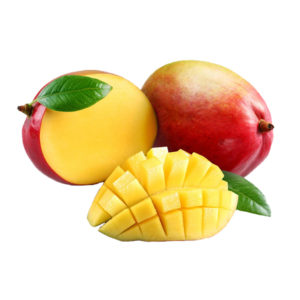
Mango
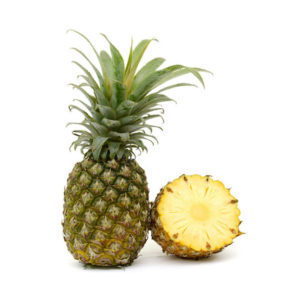
Pineapple
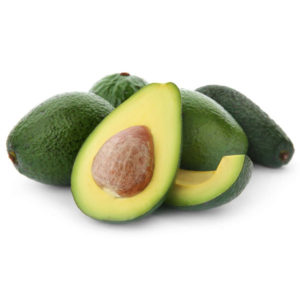
Avacado
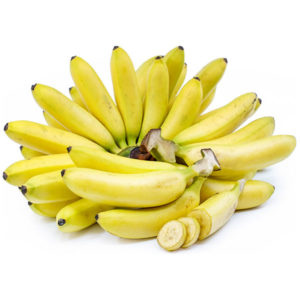
Banana
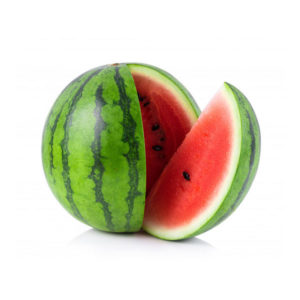
Watermelon
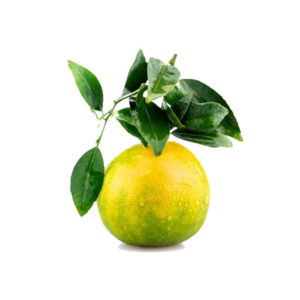
Jamanaran
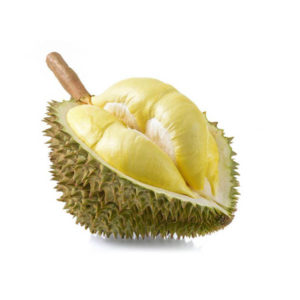
Duriyan
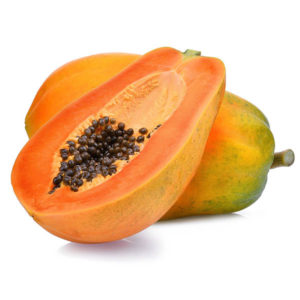
Papaw
Head of PVIC
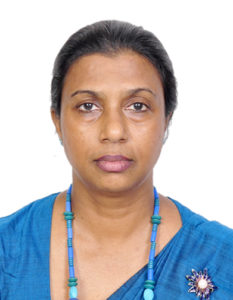
Dr.(Mrs) B.M.V.S. Basnayake
Deputy Director (Research)
- + 94 112 895598
- +94 718 678167
- Vindhya2003@yahoo.com
- doapvic@gmail.com

- +94 718 686545
- s_manjula_n@ gmail.com
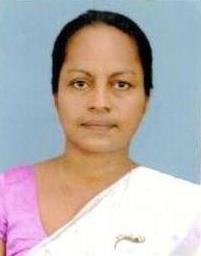
- +94 714 419320
- samanpvic919@ gmail.com
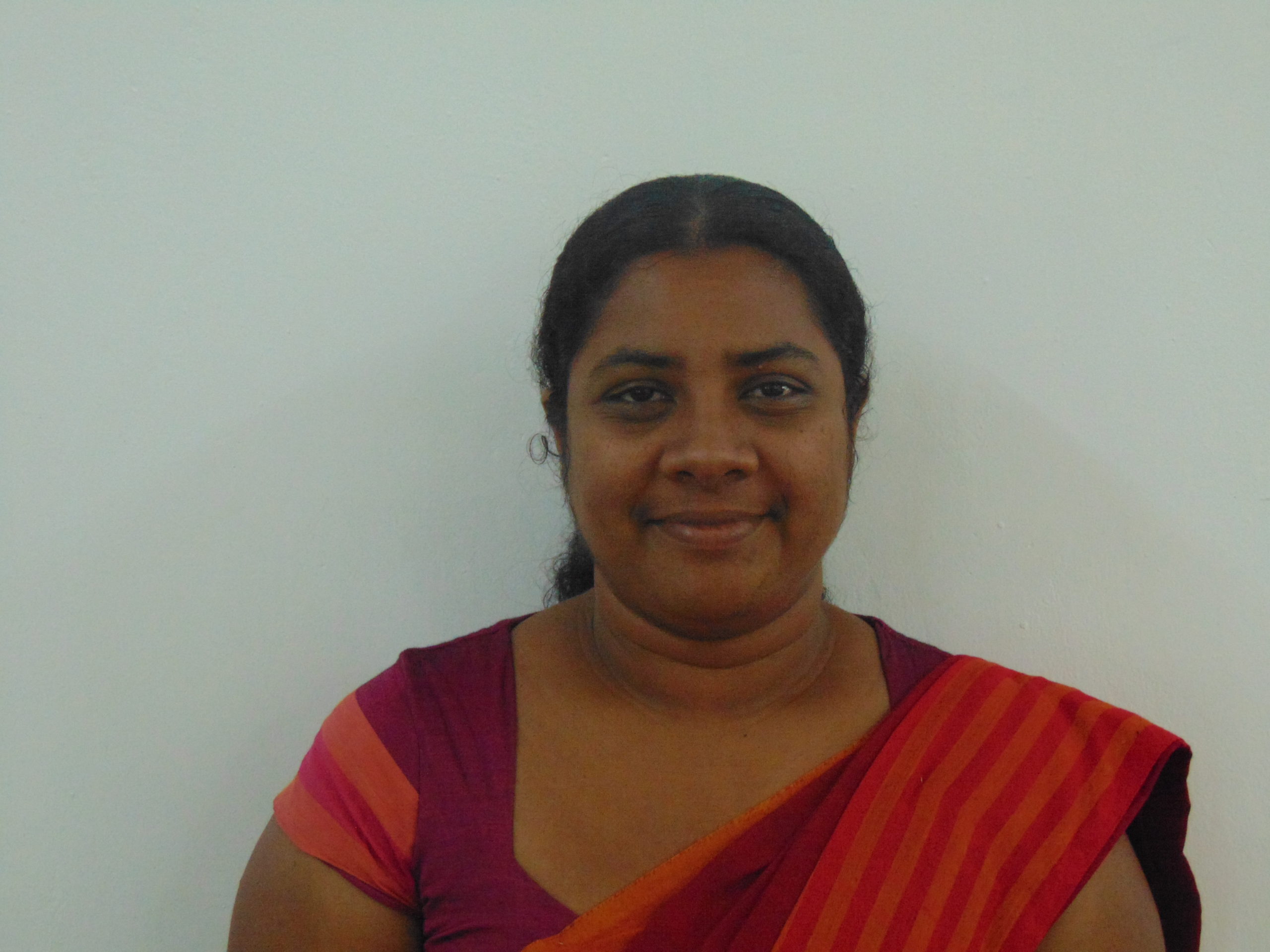
- +94 771 134829
- chami.agri@gmail.com
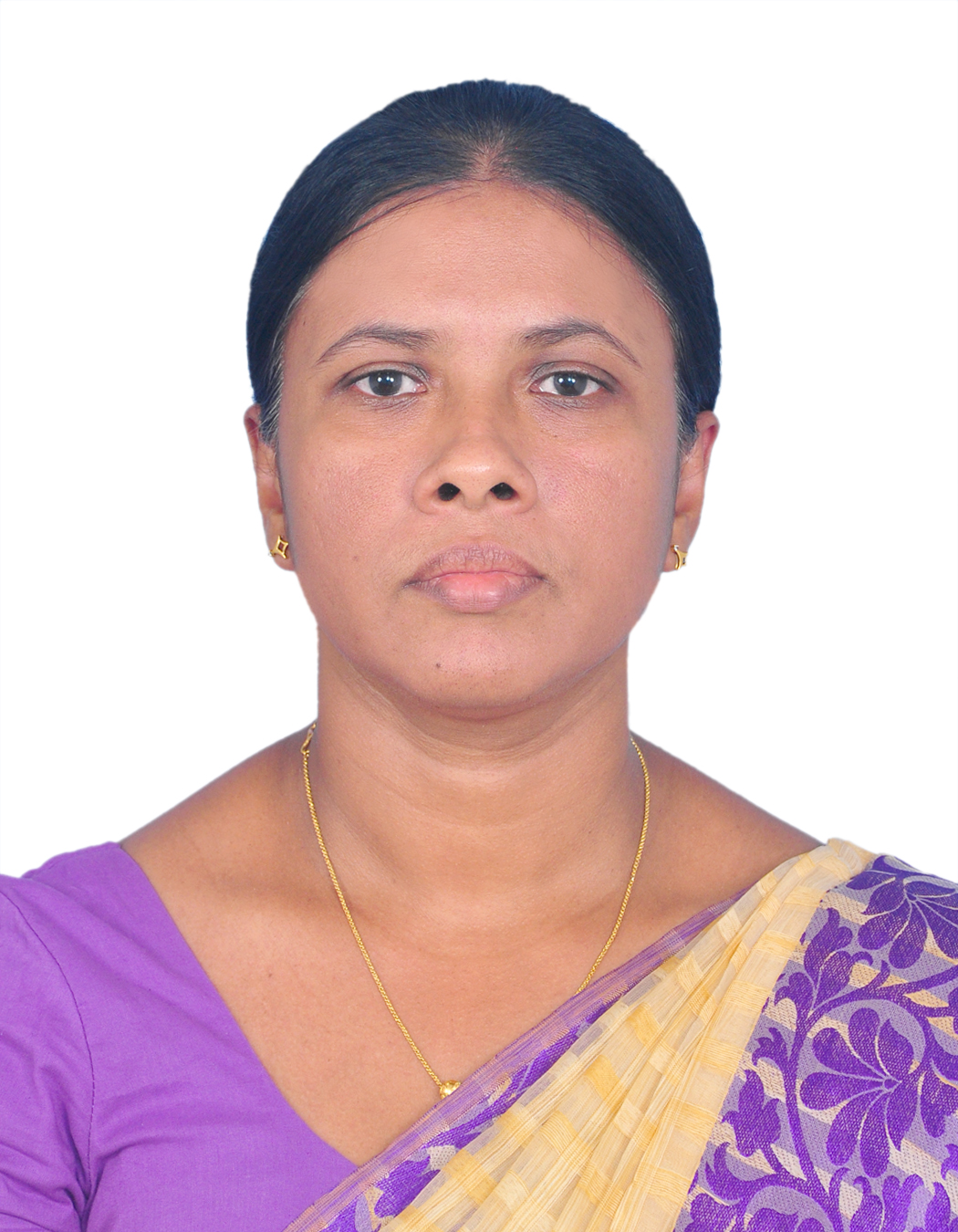
- +94 703 341660
- dumith@gmail.com
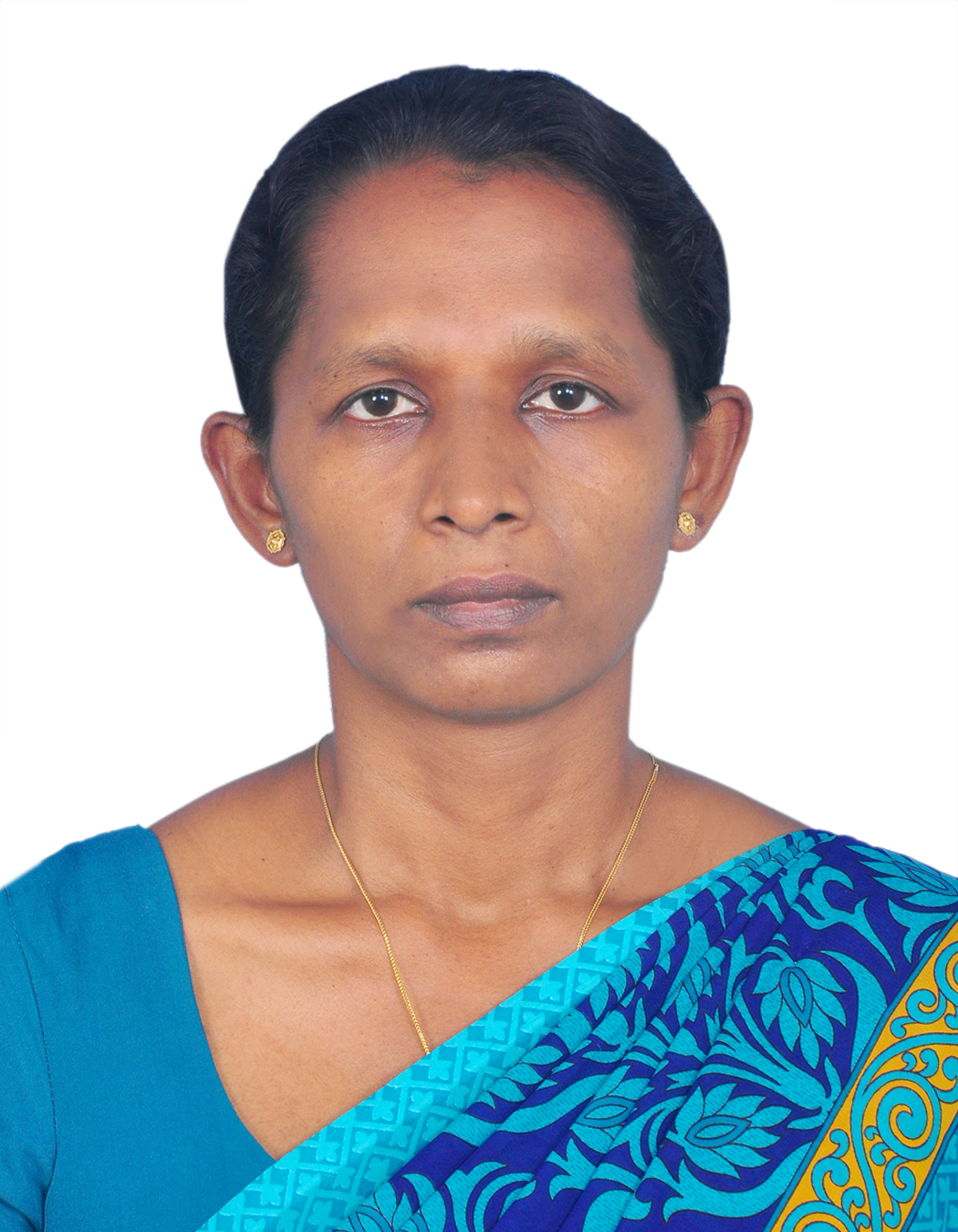
- +94 718 189318
- ksshiromi@yahoo.com
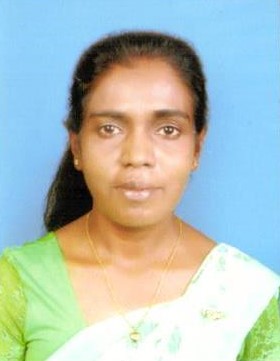
- +94 771 603436
- jayabamunuarachchi@ gmail.com
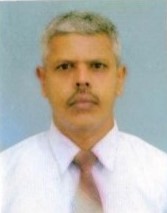
- +94 714 553082
- piyalkumarage@ yahoo.com
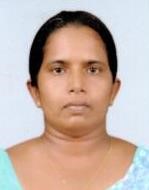
- +94 718 065485
- anomagurusingha@ gmail.com
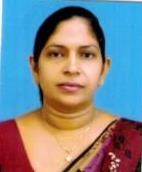
- +94 716 900881
- sujee.saptara @gmail.com

- +94 718 013943
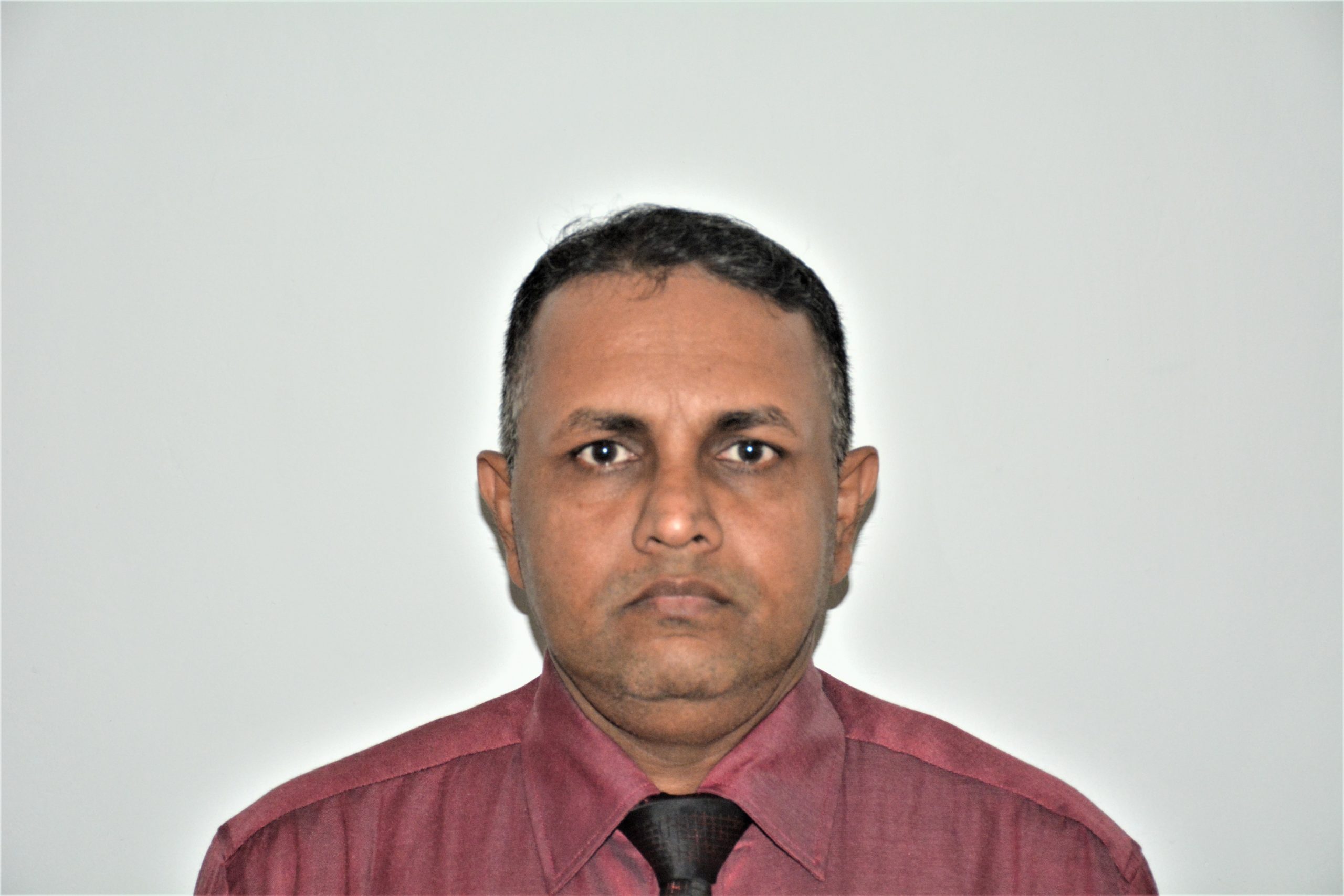
- +94 718 680373
- sumudu.punchihewa @gmail.com
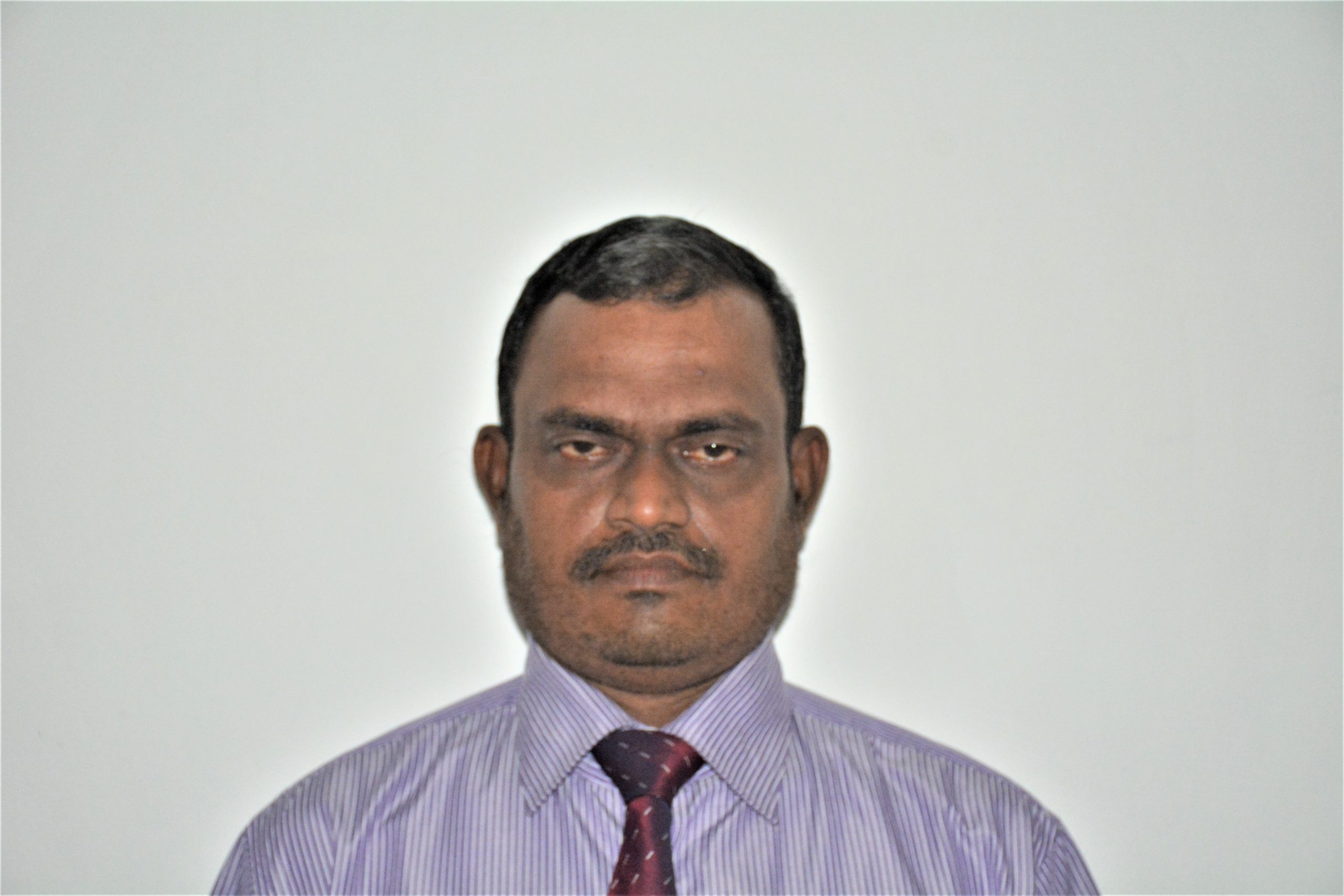
- (+94)
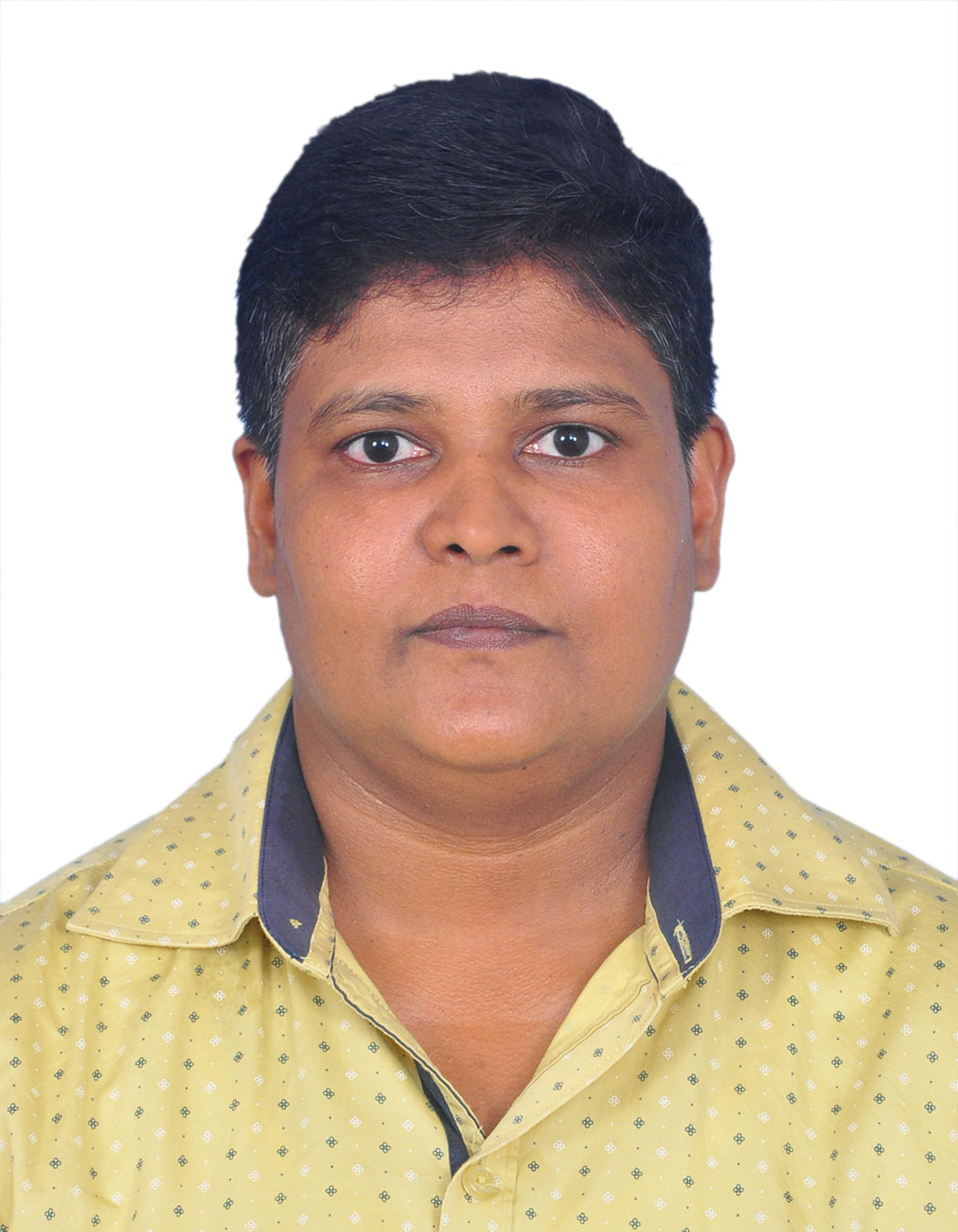
- +94 714 430743
- ruchekanayake@ yahoo.com
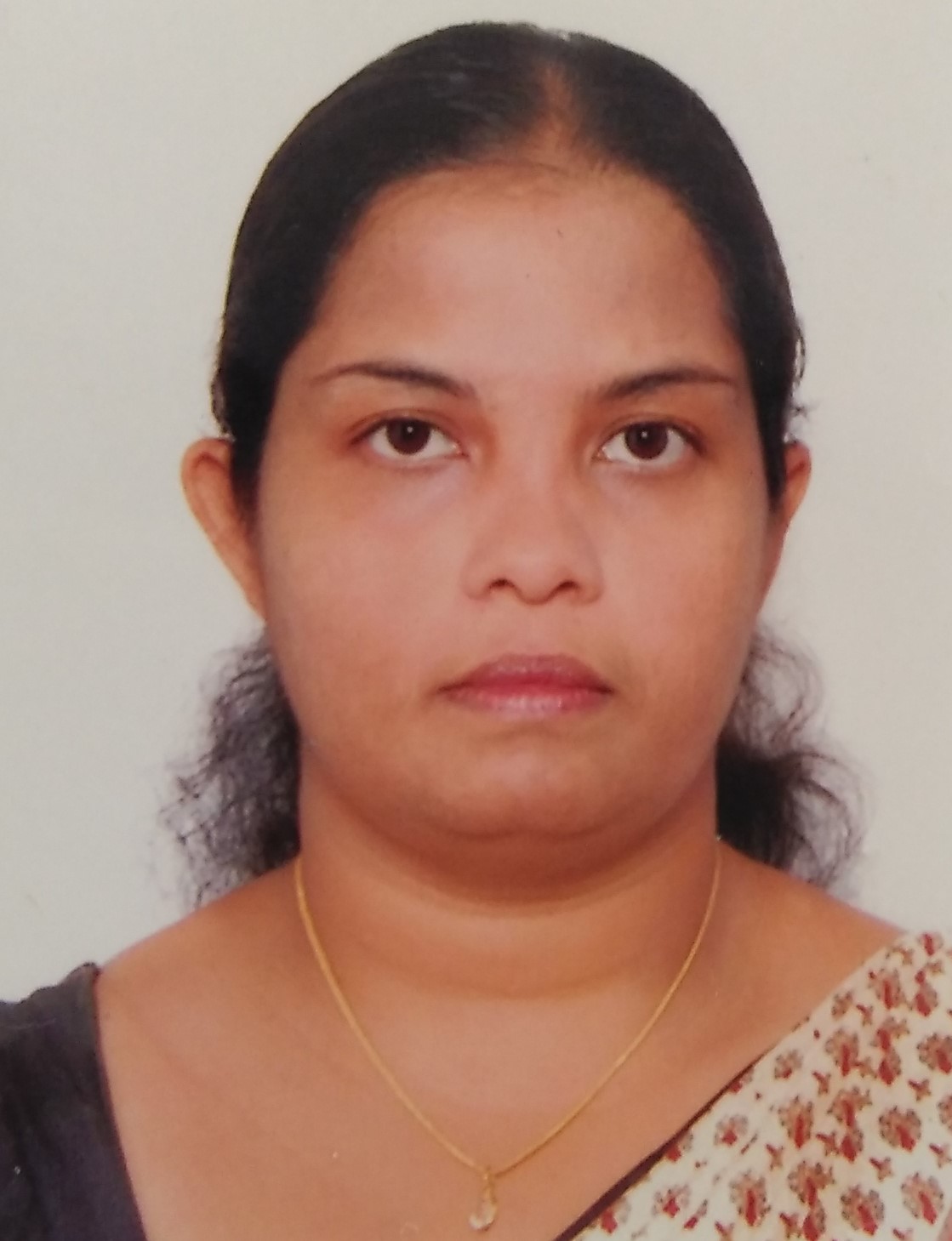
- +94 718 680373
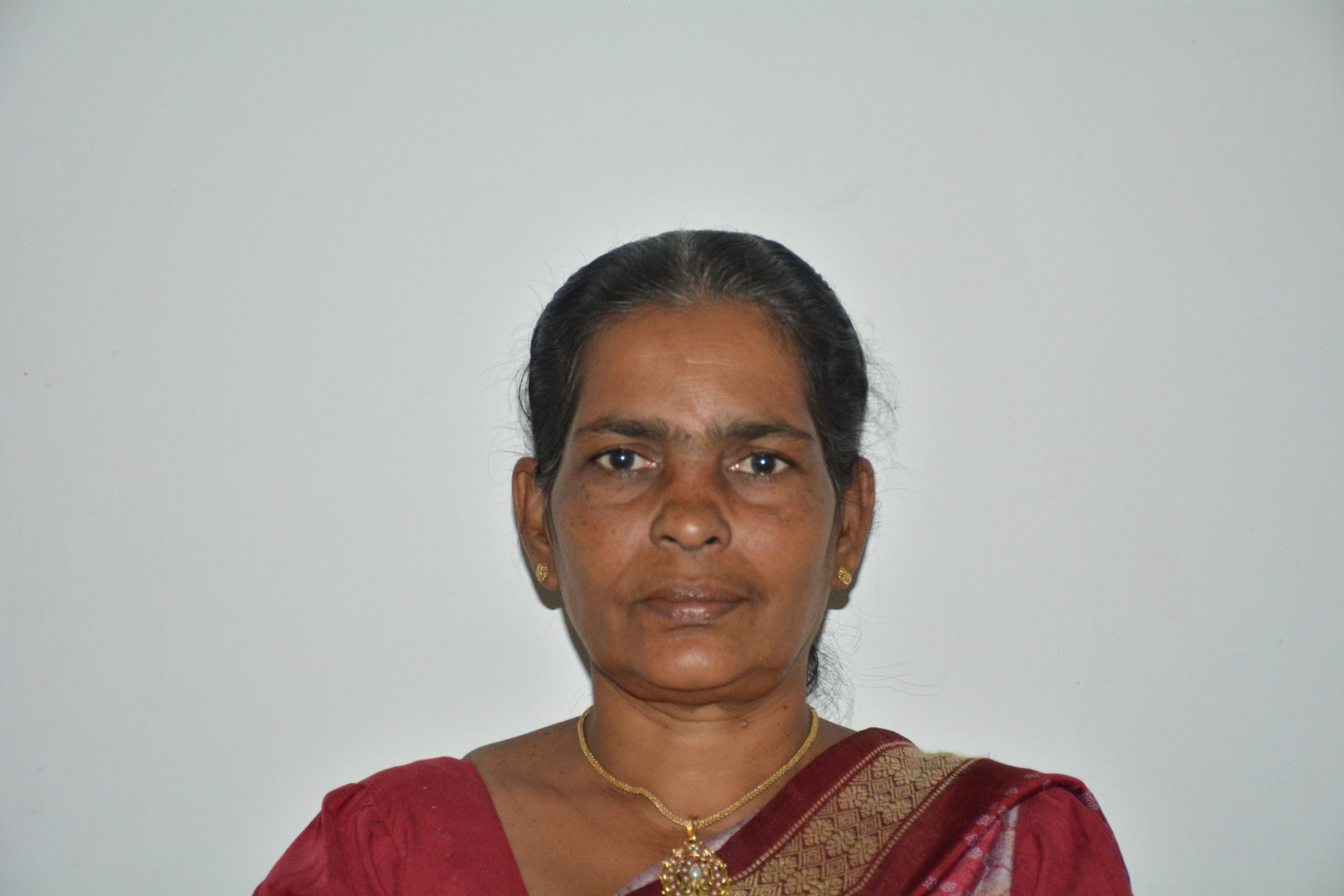
- (+94)
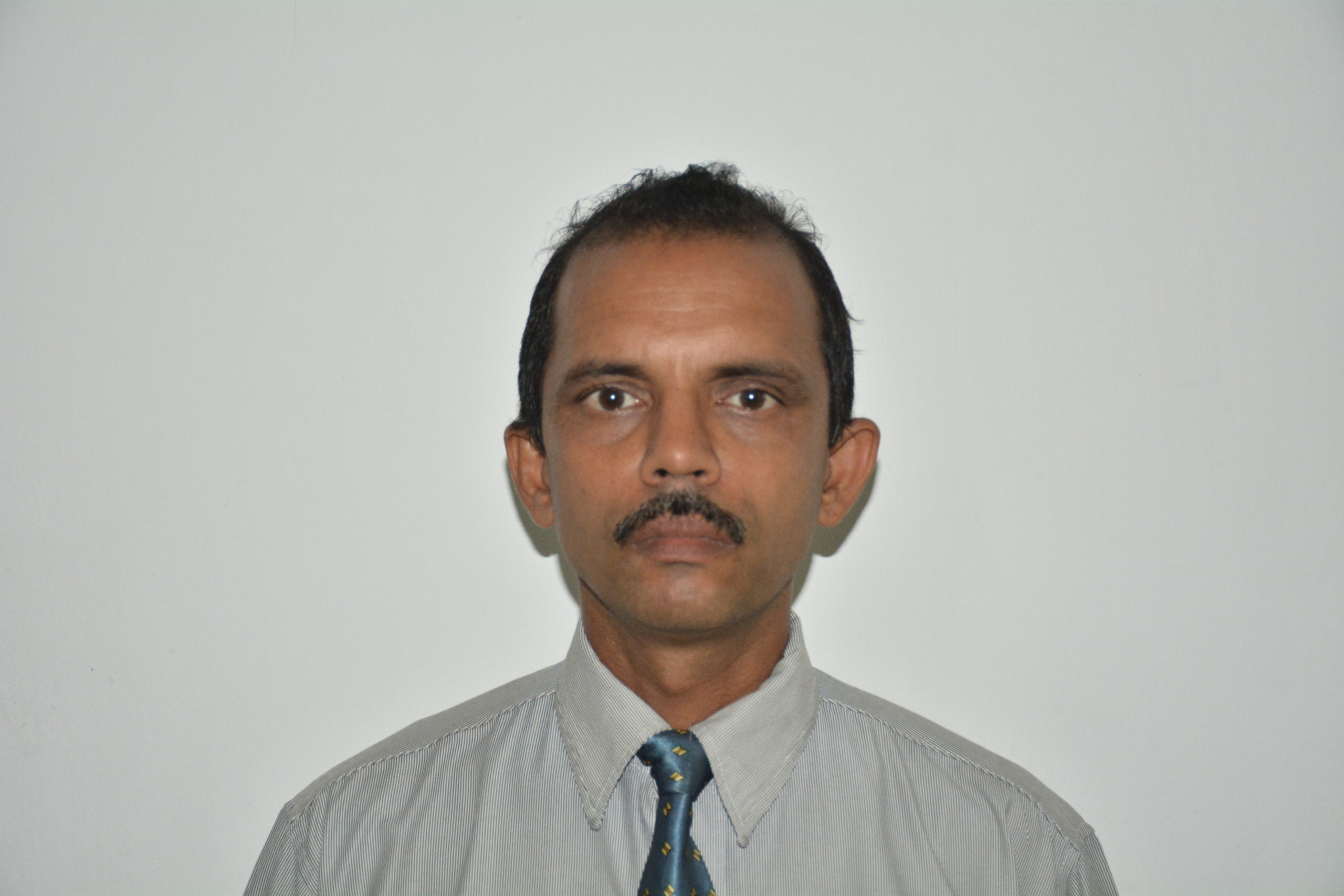
- (+94)
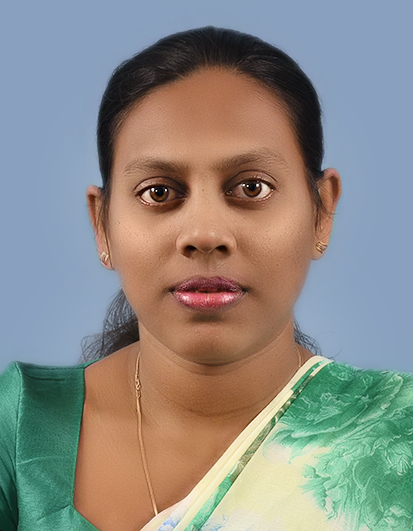
- +94 773 654241
- thakshela@gmail.com
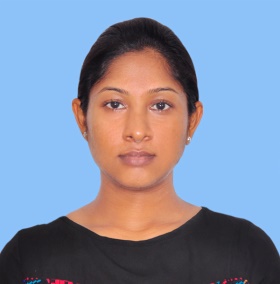
- +94 716 286177
- rasialuthgetk@ gmail.com
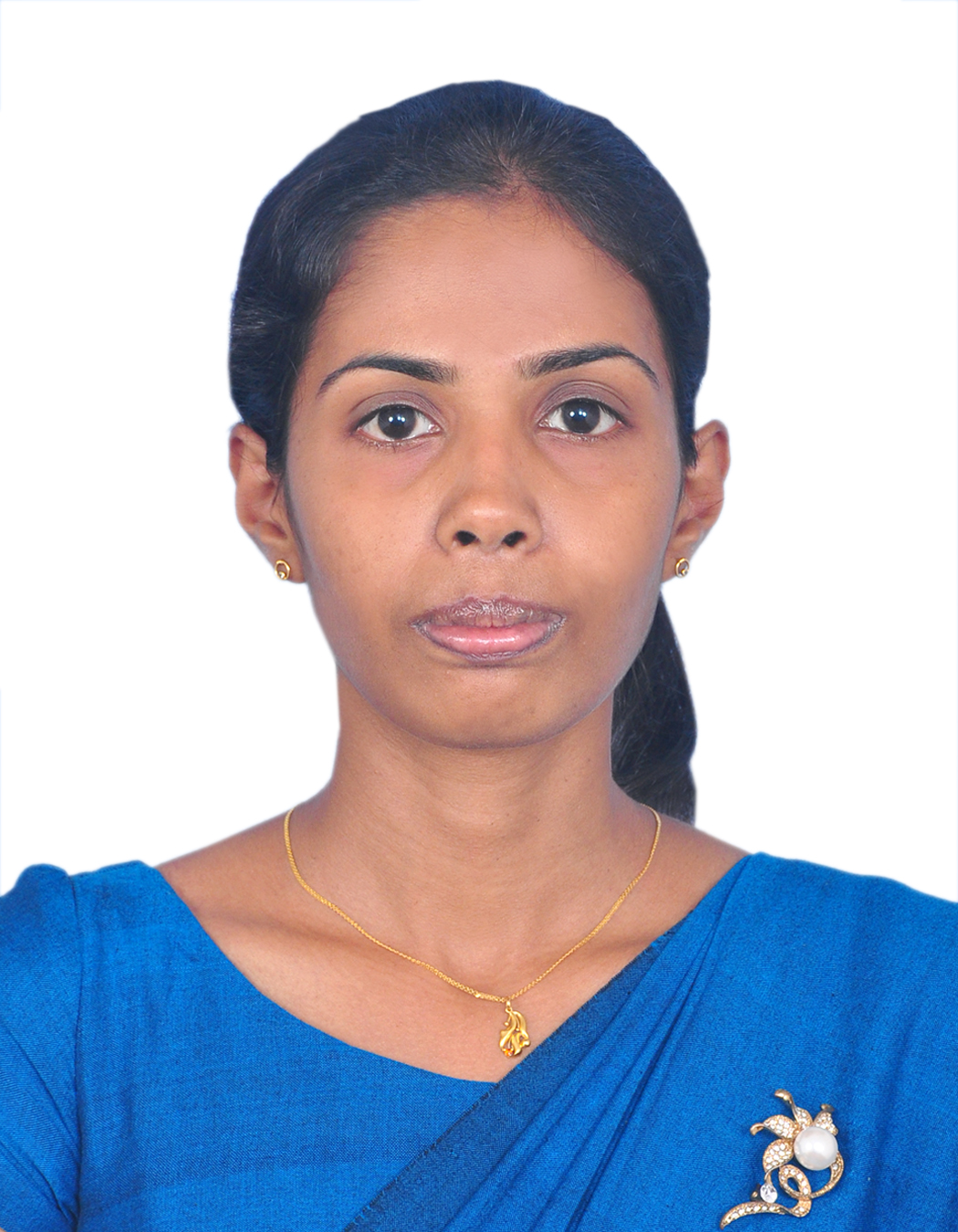
- +94 717 449508
- upeksha.munasinghe@ yahoo.com
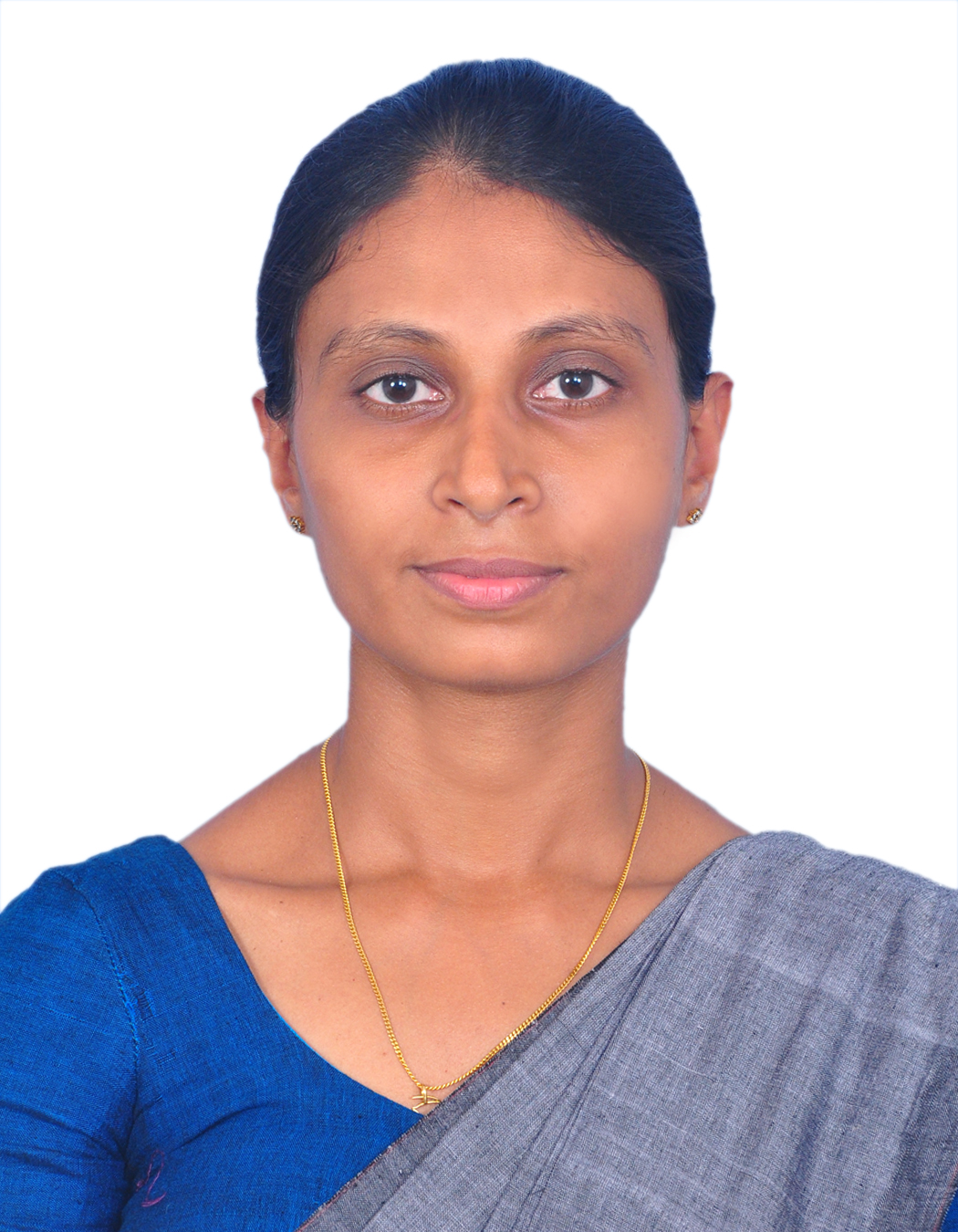
- +94 713 683693
- dinusha.dodang oda@gmail.com
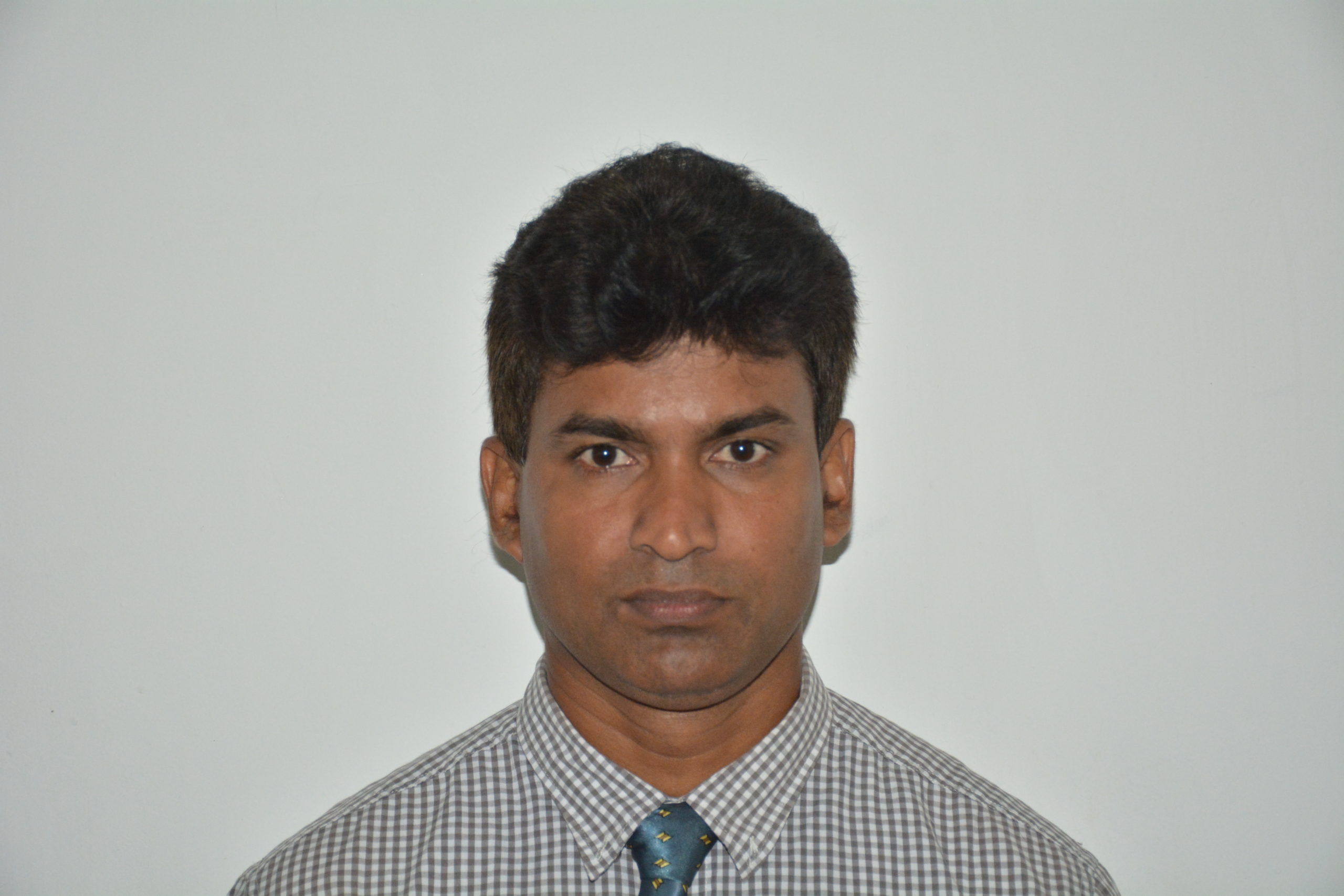
- +94 719 536680/ +94 770 715860
- geethrasika@gmail.com

- (+94)

- (+94)

- (+94)

Contact Us
- Address : Plant Virus Indexing Centre, Gabadawatta, Homagama
- Email : doapvic@gmail.com
- Telephone : +94 112 895598
- Fax : +94 112 895598
- Mon to Fri - 8.30 a.m. to 4.15 p.m. (Closed on weekends and public holidays)
